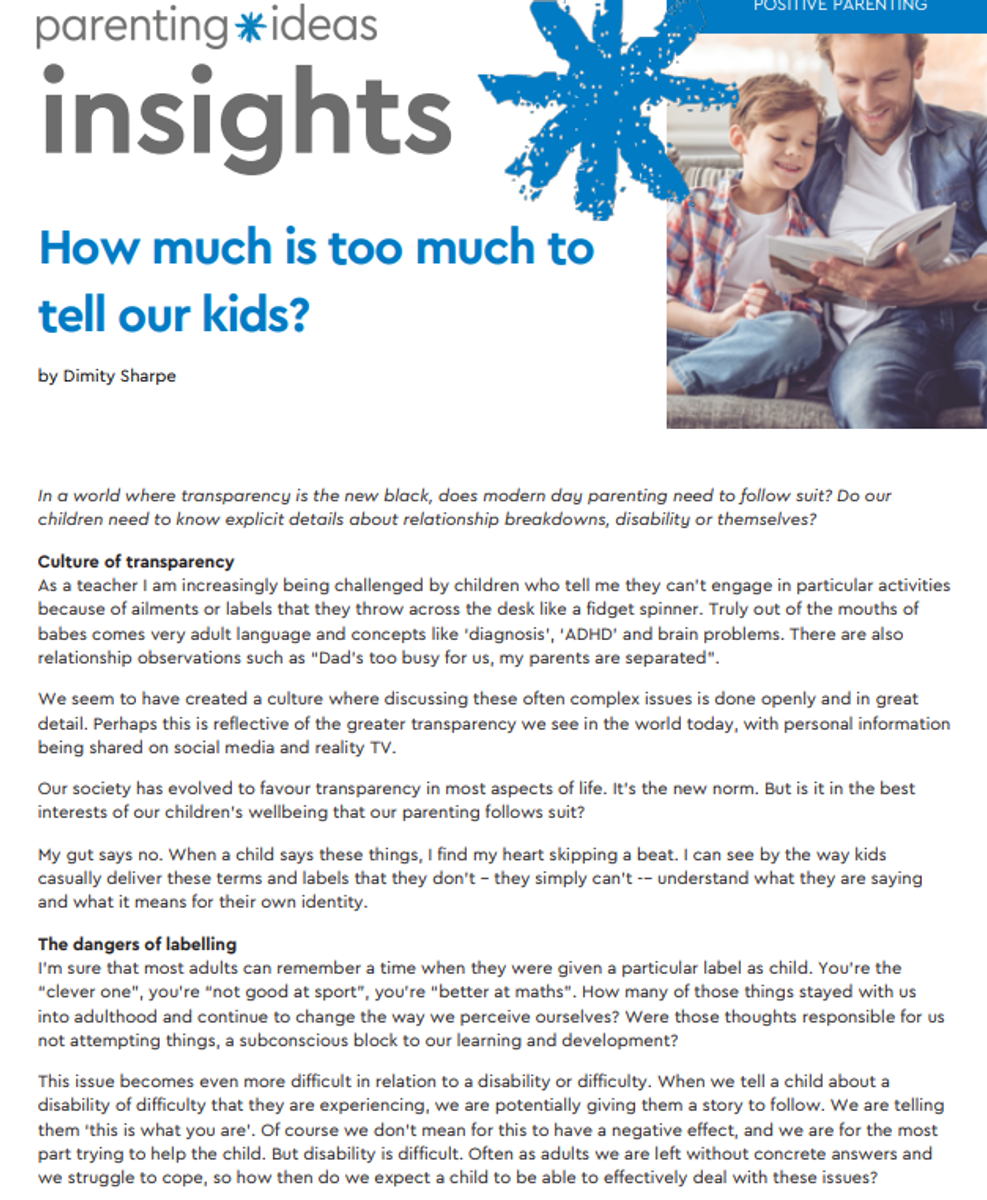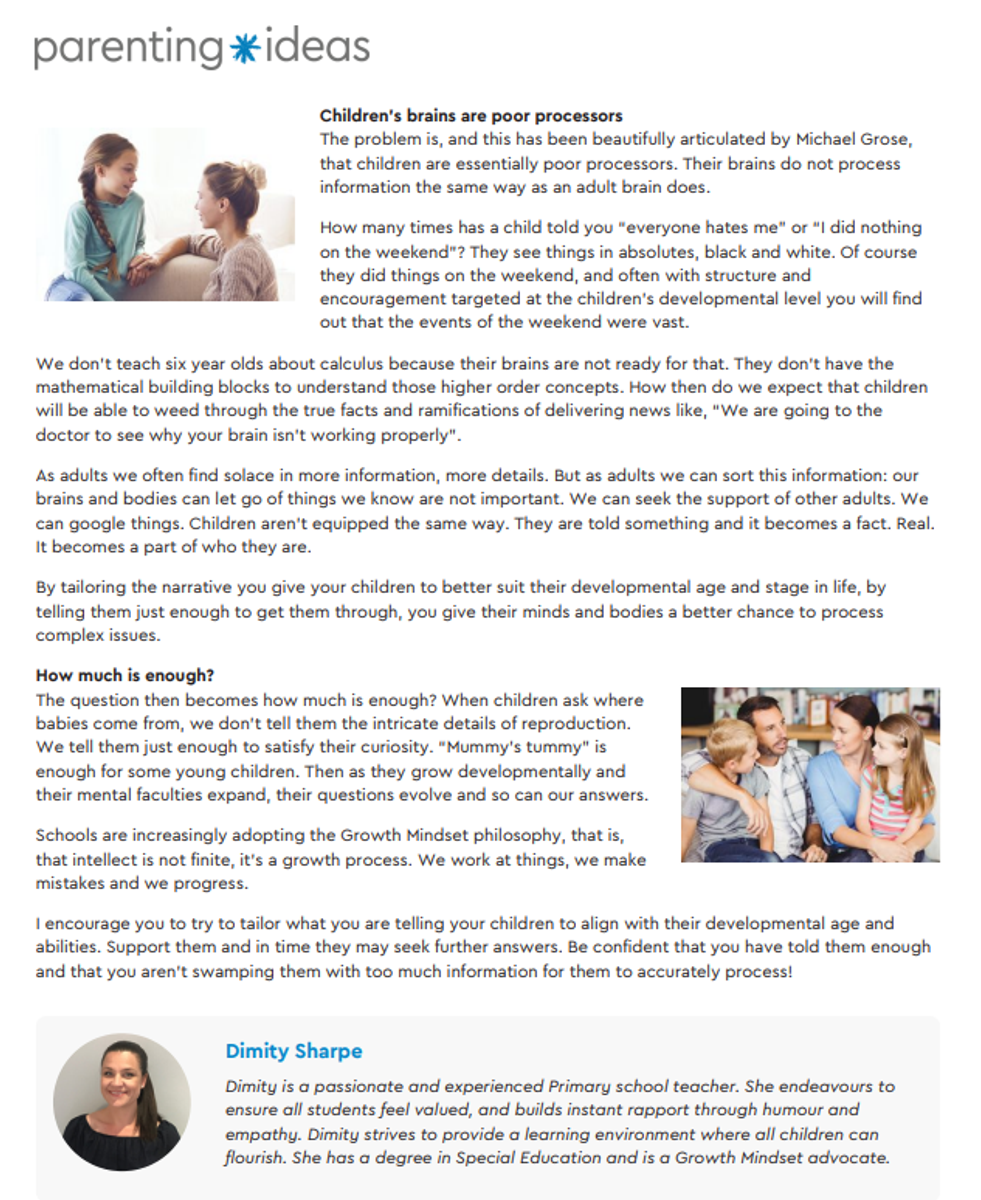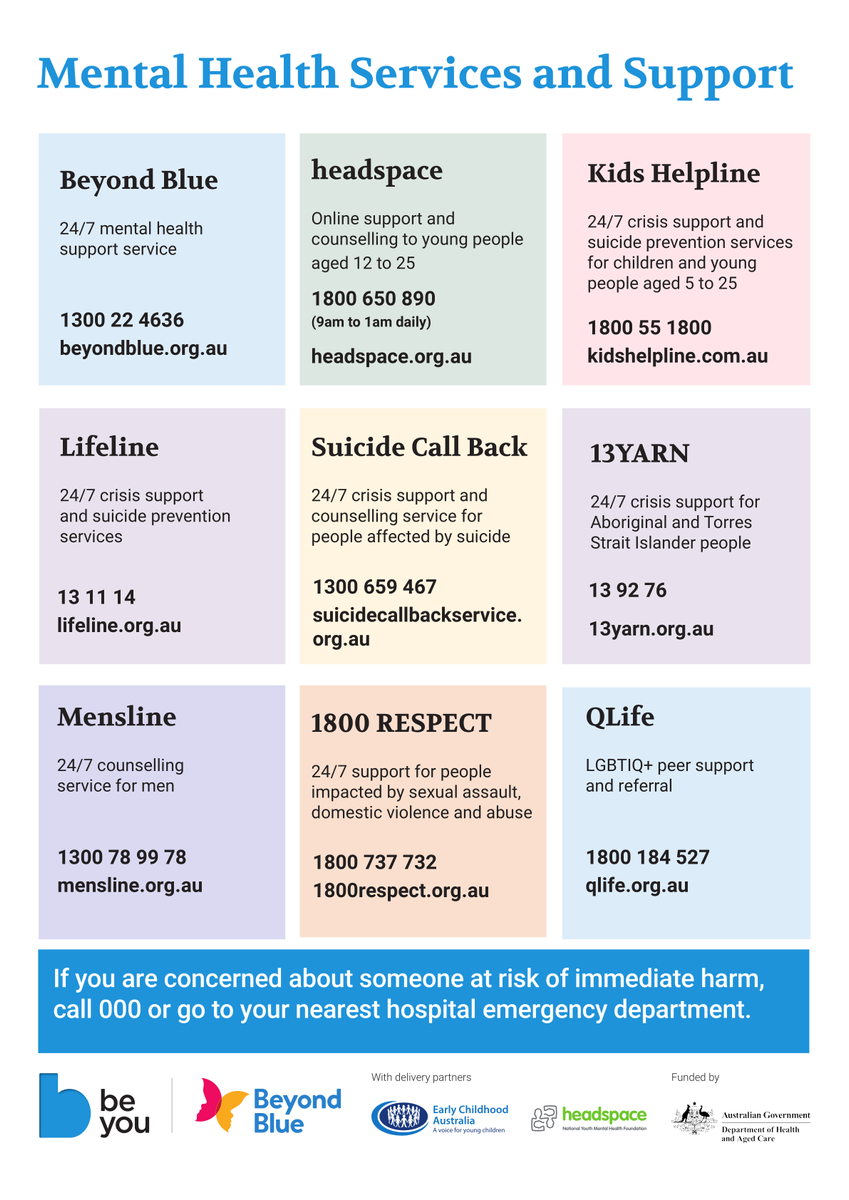HEPS Wellbeing Window
A place for information to support mental health and wellbeing within our HEPS community.

HEPS Wellbeing Window
A place for information to support mental health and wellbeing within our HEPS community.
https://www.triplep-parenting.net.au
Help your child manage anxiety and become more emotionally resilient. This full toolkit of tips and ideas really works!








Emotions are not just background noise—they matter as they teach us about children’s inner world experience and needs. In addition, being tuned to children’s emotion shape how children develop their self-esteem, learn, think, and relate. It is essential to remember that expressing emotions is not a sign of weakness but a pathway to resilience and connection.
As a school counsellor, I’ve witnessed firsthand how meaningful conversations about feelings can support children’s well-being. Here’s why talking about emotions matters:
1. Emotional Development
When we label and explore feelings, children build self-awareness and develop a robust emotional identity. This awareness—known in psychology as “emotion understanding”—is a key part of emotional competence, leading to stronger social and self-regulation skills
2. Emotional Regulation
Talking about emotions helps children learn to manage difficult feelings. By discussing how we feel and what to do with those feelings, children begin to regulate their reactions. They learn tools like taking breaths, naming their emotions, and seeking support. Which are essential skills for managing distress and avoiding extreme behaviours.
3. Social Communication
Emotional talk encourages open, authentic communication. When children talk about their emotions, they also learn to listen and empathise with others. This fosters genuine connection, helps them resolve conflicts, and builds healthy relationships—core outcomes of social-emotional learning programs.
4. Coping with Challenges
Talking about emotions prepares children to face life’s difficulties. Understanding and naming their emotions equips children with coping tools and the confidence to seek help when needed. They learn that emotions are signals to be noticed—not problems to be ignored—and develop resilience to handle setbacks effectively.
5. Boosting Self-Esteem
Children who feel truly heard and validated grow up believing they matter. Empathy and acceptance reinforce their sense of worth and help them view themselves positively—an essential ingredient for a healthy self-concept.
6. Preventing Risk Behaviour
When children can express feelings verbally, they’re less likely to act out. This verbal expression reduces emotional bottling, which can otherwise lead to tantrums, aggression, or withdrawal. Suppressing emotions doesn't eliminate them; instead, it often leads to internal tension and unresolved issues. Over time, this can manifest as anxiety, irritability, or a sense of disconnection from oneself.
So, how do we develop emotional talk culture and make it part of our everyday family life:
Here are some tips:
Modelling
Children often learn by observing their parents. By expressing your own emotions and coping strategies, you demonstrate that it's normal and healthy to talk about feelings. For example, you might say, "I'm feeling a bit overwhelmed today, so I'm going to take a short walk to clear my mind." This approach helps children understand that emotions are manageable and not something to fear.
Show interest
When children are talking, they might not share their feelings, but they will give you a clue if you show interest. It can sound like: “So when that happened, were you disappointed or may be sad?” the more we name emotions in our conversation the more they will start notice them and understanding themselves.
Create a habit
Use regularly the emotion vocabulary in family conversations. A conversation starter cards box or weekly a family discussion, is a fantastic opportunity to add emotional vocabulary into the talk.
Emotion Jar
An ‘Emotion Jar' is a simple tool where children can write down their worries frustrations, anger etc. and place them in a jar. This practice allows them to externalize their feelings making them feel more manageable. Regularly reviewing the jar together can open up discussions about these emotions and how to address them.
Family Compliment Circle (Great for Car Rides)
During a family gathering or while on a long car ride, take turns giving each other compliments. After receiving a compliment, the person can choose a Favourite song for everyone to enjoy. Then, move on to the next family member. This activity not only fosters positive communication but also makes the journey more enjoyable.
-Tal Silverstein, Counsellor